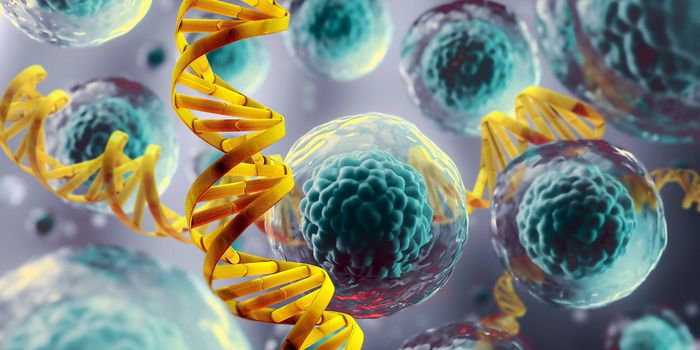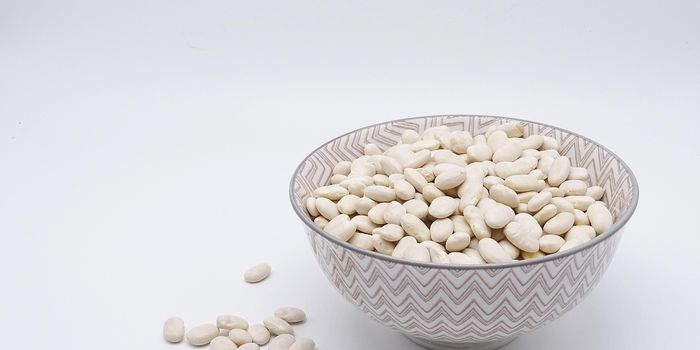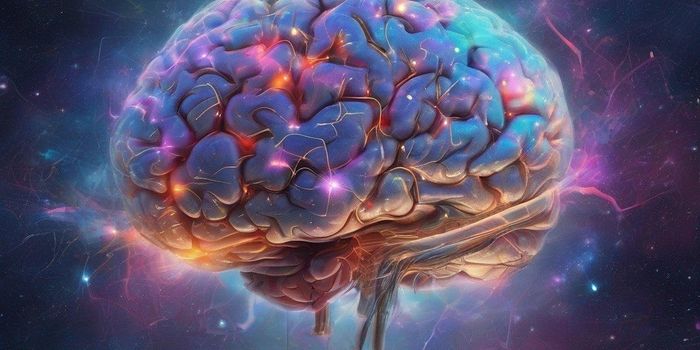Diabetes Drug Relieves Blinding Headaches in Phase II Trial
Blinding headaches, also known as idiopathic intracranial hypertension (IIH), happen when cerebrospinal fluid builds up around the brain and puts pressure on the optic nerve. Symptoms include temporary blindness, vision changes, and headaches. The condition predominantly affects women aged 25 to 36. While its cause remains unknown, weight gain is known to be a major risk factor.
Previous research found that glucagon-like peptide-1 (GLP-1) agonists- a drug used for diabetes- reduce cerebrospinal fluid secretion and intracranial pressure in rodent models with elevated intracranial pressure. Understanding whether the drug could work similarly in humans could help those with IIH, especially as there are currently no licensed drugs for the condition.
For the current phase II trial, researchers included 16 women with IIH who received regular injections of a GLP-1 receptor agonist known as exenatide or a placebo twice daily for 12 weeks.
In the end, the researchers found that patients receiving exenatide experienced an average of 7.7 fewer days of headaches per month compared to baseline. Meanwhile, those on a placebo experienced 1.5 fewer headache days. The researchers further noted that those on exenatide experienced significantly less intracranial pressure at 2.5 hours, 24 hours, and 12 weeks after treatment began.
"The results of this clinical trial are a shot in the arm for finding clinical treatments for IIH,” said Dr James Mitchell, Lecturer in Neurology at the University of Birmingham and first author of the paper, in a press release.
“While we need to do further trials before such a treatment could be available for patients in the future, we are encouraged by the significant results from this trial that made a real difference for those in the treatment arm and this treatment may prove relevant for other conditions resulting in raised brain pressure,” he added.
Sources: Science Daily, Brain









